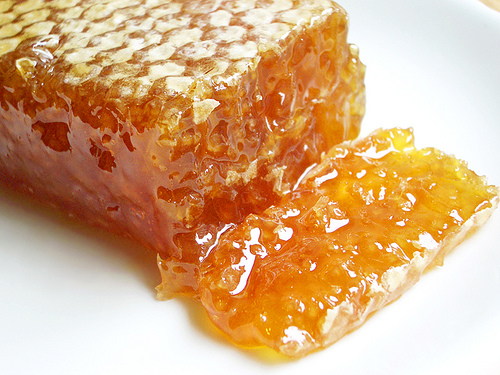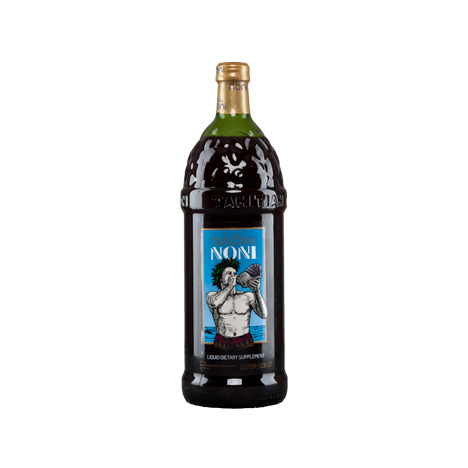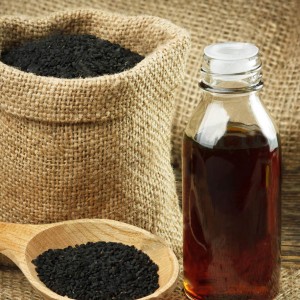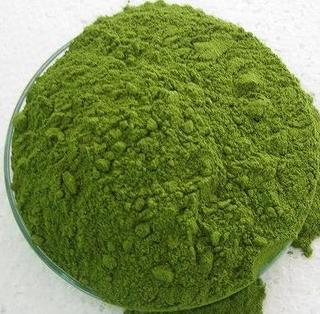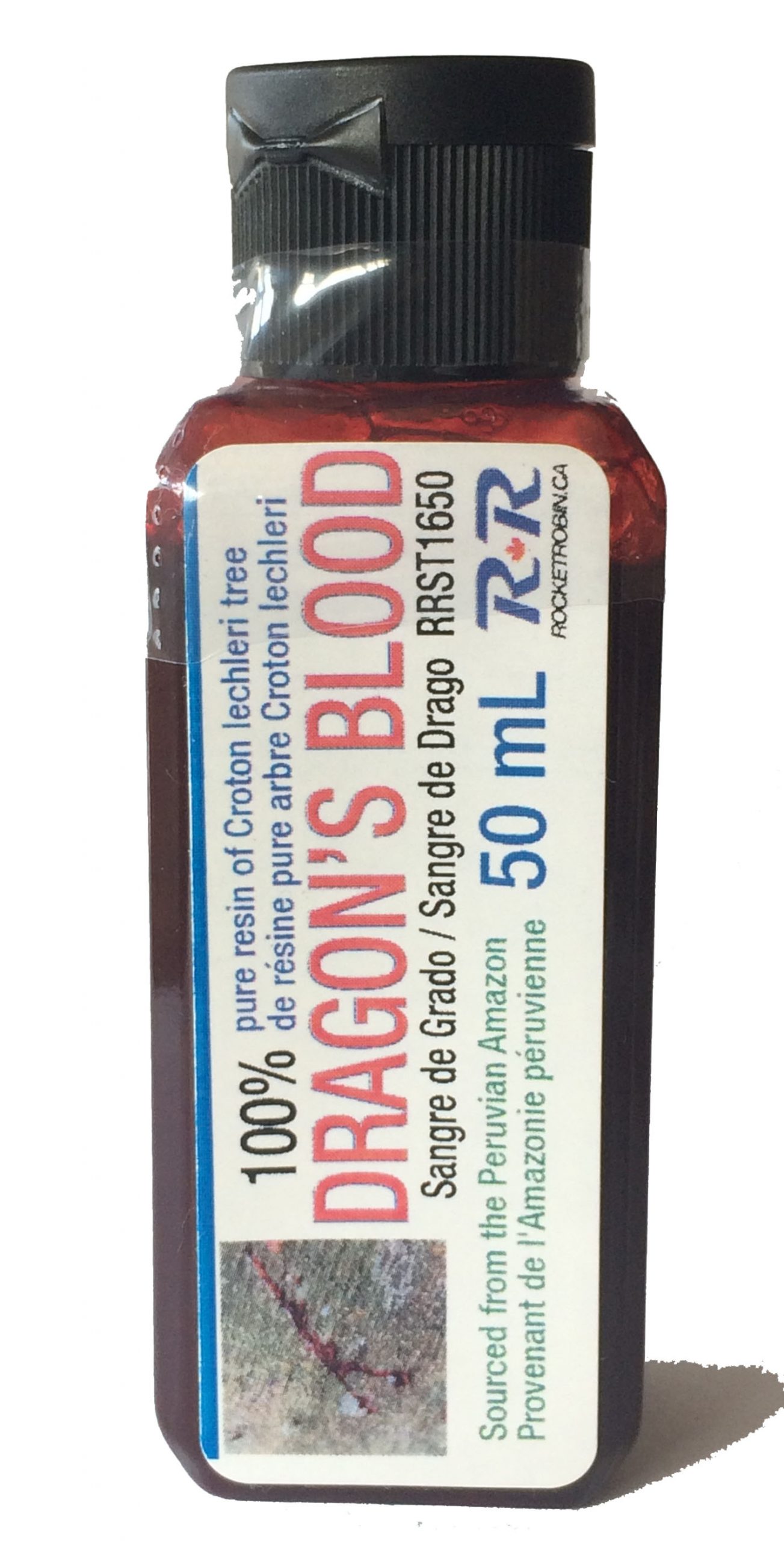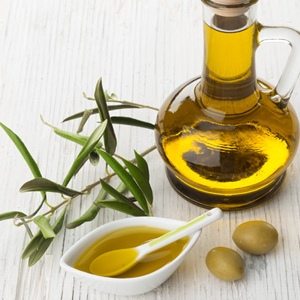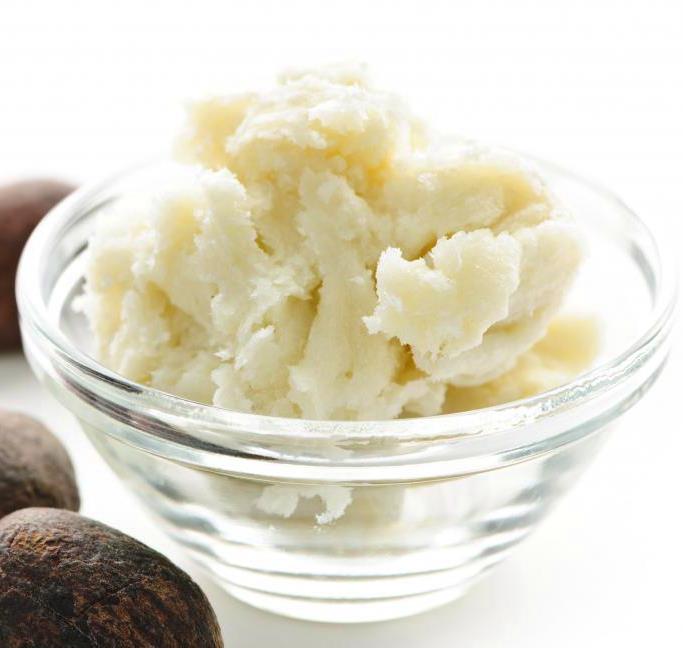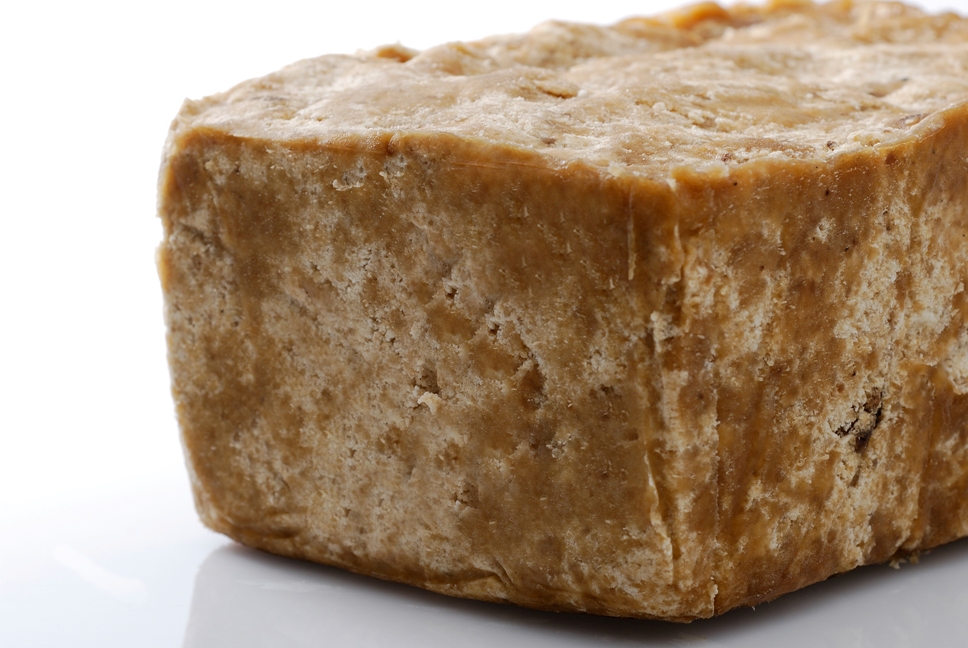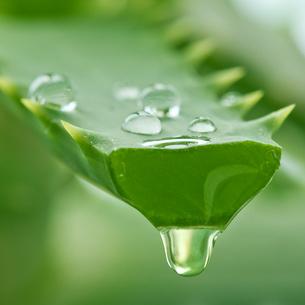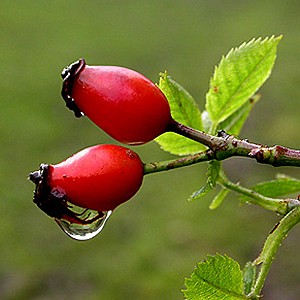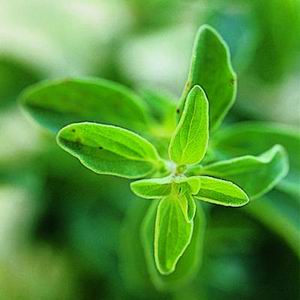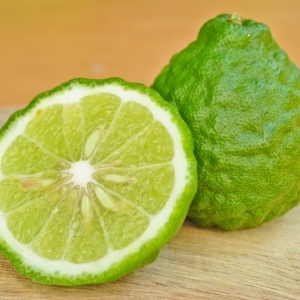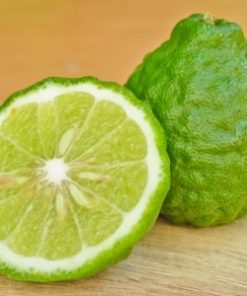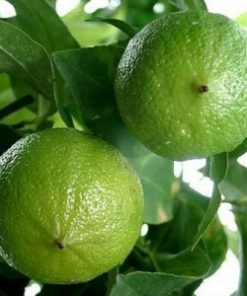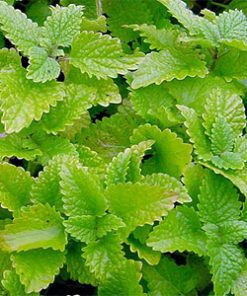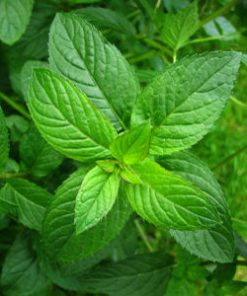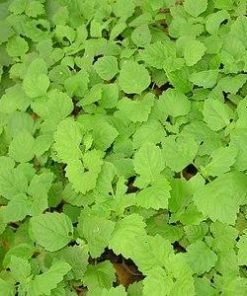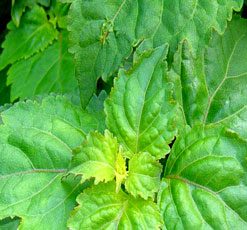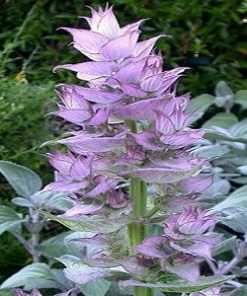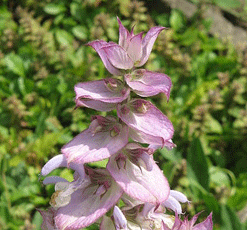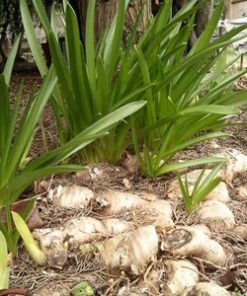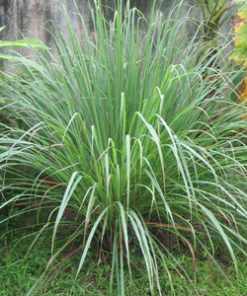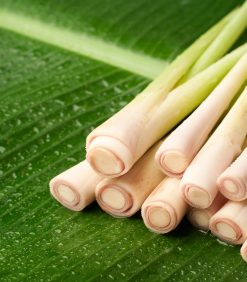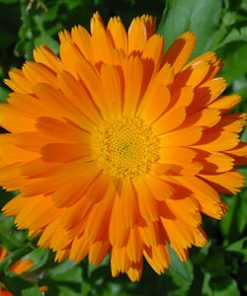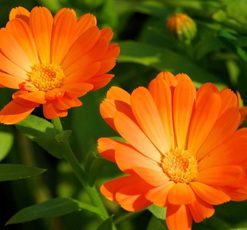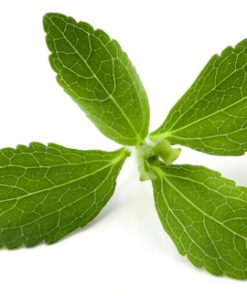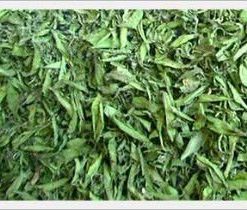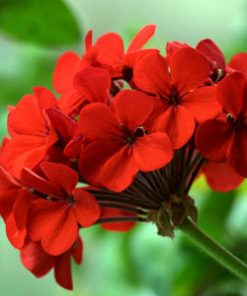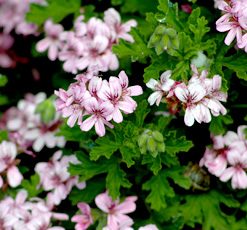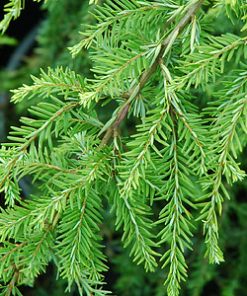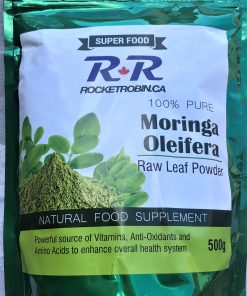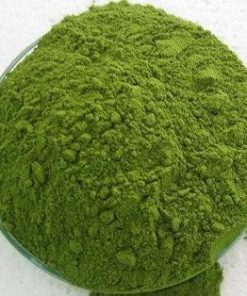Description
Essential Oil Bergamot (15 mL)
Essential Oil Bergamot
Aroma: Fresh, sweet, citrus scent that is familiar to many as the flavouring in Earl Grey Tea.
Traditional Use: Bergamot has a long history of use in potpourri and perfume recipes.
Properties: Analgesic, anthelmintic, antibacterial, antidepressant, antiseptic, antispasmodic, astringent, carminative, deodorant, digestive, diuretic, expectorant, febrifuge, laxative, rubefacient, sedative, stimulant, stomachic, tonic, vulnerary
How to Use: Inhalation, Diffusion, Topically, Massage, Bath, Lotions, Aromatherapy.
Blends well with: black pepper, clary sage, cypress, frankincense, geranium, jasmine, mandarin, nutmeg, orange, rosemary, sandalwood, vetiver and ylang-ylang.
Safety: Avoid while pregnant. Not intended for internal use.
HISTORY OF USE

Bergamot oil (Citrus bergamia) is a favourite essential oil of many. The oil is extracted from the rind or peel of the fruit, leaving an aroma is citrusy but sweet, and has a depth to it that many really love. Of all the citrus oils available, this one could be the one far too under-used.
This tree is native to South East Asia, but was introduced to Europe, and particularly Italy and is also found in the Ivory Coast, Morocco, Tunisia and Algeria.
Bergamot oil is made from a tree that can grow up to four meters high, with star-shaped flowers and smooth leaves, bearing citrus fruit resembling a cross between an orange and a grapefruit, but in a pear-shape. The fruit ripens from green to yellow.
The oil is one of the most widely used in the perfumery and toiletry industry and forms, together with neroli and lavender, the main ingredient for the classical 4711 Eau-de-cologne fragrance. It is used to flavor Earl Grey tea.
The name is derived from the city Bergamo in Lombardy, Italy, where the oil was first sold.
Bergamot essential oil is a cold-pressed essential oil produced by cells inside the rind of a bergamot orange fruit. It is a common top note in perfumes.
Bergamot essential oil is a major component of the original Eau de Cologne composed by Farina at the beginning of 18th-century Germany. The first record of bergamot oil as fragrance ingredient is 1714, to be found in the Farina Archive in Cologne. One hundred bergamot oranges will yield about three ounces (85 grams) of bergamot oil. The scent of bergamot essential oil is similar to a sweet light orange peel oil with a floral note.
“Earl Grey tea” is a type of black tea that contains bergamot essential oil as a flavouring.
Extraction: The rind of both ripe and unripe fruit is used to extract the oil by expression.
HEALTH BENEFITS
Bergamot oil boasts of powerful antibacterial, analgesic, antiseptic, antispasmodic, and soothing effects. Back in the day, Italians used bergamot oil in folk medicine to cool fevers and expel intestinal worms. The juice of the bergamot fruit, on the other hand, was used in Calabrian indigenous medicine to treat and malaria.
This fresh smelling essential oil is a favourite in aromatherapy and is great for creating a more relaxed and happy feeling, relieving urinary tract infections, boosting the liver, spleen and stomach, while fighting oily skin, acne, psoriasis, eczema, as well as cold sores.
Antidepressant & Stimulant: The components of Bergamot Oil, like Alpha Pinene and Limonene, are antidepressant and stimulating in nature. They create a feeling of freshness, joy and energy in cases of sadness and depression by improving the circulation of the blood. They also stimulate hormonal secretions, thereby helping to maintain proper metabolic rates. This stimulating effect also increases the secretion of digestive juices, bile and insulin, thereby aiding digestion, proper absorption of nutrients, assimilation and decomposition of sugar and the resultant lowering of blood sugar. The hormonal impact of bergamot essential oil is part of the reason that it is so powerful on these neurological and mental conditions.
Antibiotic & Disinfectant: Certain components of the essential oil of Bergamot are antibiotic and disinfectant in nature. They inhibit the growth of germs, virus and fungi. They also effectively prohibit infections, including those of the skin. If regularly used with bathing water or in soaps (it is already used extensively in skin care soaps), the skin and hair remains protected from infections and become shiny. It also cures infections of the colon, intestines, urinary tract and kidneys.
Analgesic: Bergamot essential oil reduces the feeling of pain in the body. Actually, it stimulates secretion of certain hormones which lessen sensitivity of nerves to pain. Therefore, it is very helpful in case of headaches, sprains, muscle aches or any other symptoms or ailments which require a heavy dosage of analgesic pills. This means that you can avoid the dangerous side effects of many over the counter pain medicines, which often have adverse side effects and can do damage to your liver and kidneys when relied on heavily, as well as thinning your blood, or causing you to lose sleep.
Relaxant & Sedative: The flavonoids present in Bergamot oil are very good relaxants as well. They soothe nerves and reduce nervous tension, anxiety, and stress, all of which can help cure or treat ailments associated with stress such as sleeplessness, high blood pressure, insomnia, and depression. They can also stimulate the activity of certain hormones in the body, which induce feelings of relaxation and sedation, like dopamine and serotonin.
Digestive: As discussed above, bergamot essential oil activates and increases secretions of the digestive acids, enzymes and bile and facilitates digestion. It also synchronizes and regulates the peristaltic motion of the intestines and in this way, it quickens the digestive process and reduces strain to the intestinal tract. In this way, bergamot essential oil can reduce constipation, make bowel movements more regular, and prevent gastrointestinal complications and other uncomfortable or dangerous conditions.
Cicatrisant: This property of bergamot oil is the reason behind its extensive use in cosmetics and skin care products such as beauty soaps, creams, and lotions. Cicatrisant means a property or an agent which helps scars and other marks on the skin to disappear. It also makes the distribution of pigments and melanin even and uniform, resulting in the fading away of marks and an even, attractive skin tone. This essential oil is commonly used to eliminate the unsightly effects of acne, which can leave noticeable scars and marks on the affected areas for many years.
A Few Words of Caution: Bergamot oil must be protected from sunlight, because bergaptene, one of its components, becomes poisonous if exposed to sunlight. That is why the oil should always be stored in dark bottles in dark places. Exposure to sunlight should even be avoided after it is applied or rubbed onto the skin, at least until it absorbs into your skin.
Blending: Bergamot Oil blends with Clary Sage, Frankincense, Mandarin, Jasmine, Black Pepper, Cypress, Geranium, Nutmeg, Sandalwood, Orange, Rosemary, Vetiver and Ylang-Ylang Oil. It is particularly complementary with other citrus oils.
Precautions: As with all citrus oils, bergamot can cause photosensitivity of the skin. Avoid direct sunlight on the applied area for up to 72 hours with this one. Always test for skin sensitivity prior to widespread use and use on the feet when possible.
Caution: NEVER USE INTERNALLY without consulting professional medical help
- Not recommended for pregnant women and infants.
Individuals with serious and chronic health issues should consult an expert prior to using oils.
TRUST ROCKET ROBIN
Rocket Robin is proud to be your supplier of truly natural products with simple ingredients in support of your family’s health and well-being.
Additional information
| Weight | 0.1 kg |
|---|---|
| Dimensions | 10 × 10 × 1 cm |

